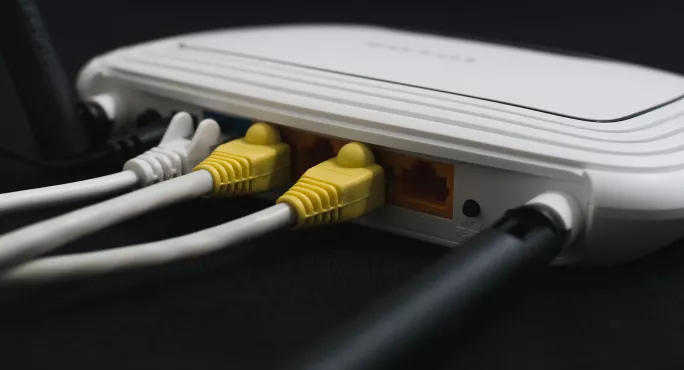More than 100 rural primary schools are set to get gigabit-capable broadband connections within the next few months, the government has announced.
Under the £3 million pilot programme, three schools have already been connected, and 52 have signed contracts with work expected to be completed in the coming weeks.
The government said a further 72 schools are in discussions.
Last year, the Church of England raised poor broadband as an issue when it called for a rural strategy to improve the viability of rural schools.
DfE: Civil servant says technology has increased teachers’ burden
Teachers: DfE investment ‘needed for teachers to benefit from AI’
Opinion: ‘At last the government has a vision for edtech’
Mary See, headteacher at Cheselbourne Village School, Dorset, said super-fast broadband had “revolutionised” the way the school works.
Internet ‘tackles rural isolation’
“The much faster and reliable access to the web has allowed staff to work more efficiently; while the children, although still geographically remote, are no longer technologically isolated and will have the same opportunities as their urban peers in preparing for a more technological future,” she added.
The Department for Digital, Culture, Media and Sport (DCMS) said the trial was originally planned to reach 100 schools, but the project has been delivered under-budget, allowing more schools to benefit.
Education secretary Damian Hinds said: “In our inter-connected world, a fast, reliable internet connection has never been more important.
“The schools will be connected to the world of technology, enabling teachers to realise the benefits that fast and reliable broadband has to offer, from reducing teacher workload to improving access to high-quality resources.
“I don’t want schools in villages and rural areas to be left in the slow lane when it comes to broadband, and the funding announced today will benefit the schools that are most in need.”
The DCMS said schools already connected under the programme have seen their broadband speeds improve from 0.5 megabits per second (Mbps) to 100 Mbps, and have the capability to be upgraded to 1,000Mbps (1Gbps) in the future.
It said these new speeds allow whole classes to simultaneously surf the internet in tablets lessons, and gives schools easier access to online training and educational learning.
The trial is part of the government’s £190 million Local Full Fibre Networks (LFFN) programme, and will see the schools benefit from fully-funded and future-proof full fibre connections directly into their classrooms.
The DCSM said the new connections to schools also increased connectivity for surrounding homes and businesses.




